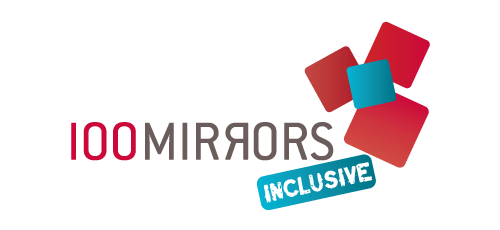The Partners of this project will work with disadvantaged groups, especially with women with disabilities, to help them return to the labour market through training and guidance services as well as the promotion of best practices throughout the EU.
The main aim of this project is to promote inclusive entrepreneurship for women with disabilities by developing a methodology based on coaching and mentoring of people with physical disabilities, that are willing to become entrepreneurs through job shadowing and coaching given by successful entrepreneurs with disabilities.
In this project it is recognised that every women involved in the project has particular needs, but will be focused on their specific capabilities, advising them in terms of business and management knowledge including skills and other personal characteristics, which will influence the ability to become, and remain, an entrepreneur.
Some of the reasons to be working on this issue are the following:
The risk of poverty in the EU is significantly higher for people with disabilities than for people without disabilities. The main reason for this disparity can be found in the low employment statistics of the disabled, which are a cause for and/or a consequence of their social exclusion. Approximately 16% of the working age population in the EU is impacted by a form of disability and this proportion is likely to increase as the population ages. Therefore, the issue of social and economic participation of people with disabilities will become an increasingly important policy issue over the next decade, therefore entrepreneurship can be part of the solution for some members of this population.
The European Union has taken a strong position to support the active participation of people with disabilities in society and in the economy. This is evident in the Europe 2020 Strategy which aims to create smart, sustainable and inclusive growth to build a society where everyone is included. In addition, the EU has developed a disability strategy, which outlines actions that address specific barriers to full participation in society for people with disabilities.
Many women with disabilities have difficulty accessing education and the labour market, consequently, many have little work experience and very few have experience with entrepreneurship. As a result, few people with disabilities have had the opportunity to develop the skill-set needed to successfully start and run a business. Women, younger and older that have a disability, and those living in economically depressed areas might find it more difficult to start businesses and run them successfully. This suggests a policy action on disability needs to be implemented alongside complementary measures to address the disadvantages associated with other socio-economic statuses.
The partners of this project have researched the situation of disabled women within Europe and all their findings were drawn into a state of the art report that may be downloaded from here free of charge.
The expected impact of the beneficiaries are as follows:
- To increase the entrepreneurial skills in women with disabilities as well as the rate of labour insertion and the number of self-employed.
- To improve entrepreneurs with disabilities coaching skills and the number of women with disabilities employed.
- To improve efficacy of training women with disabilities in developing their entrepreneurial skills in training organizations and their trainers.
- To increase the concerns for women with disabilities and entrepreneurship issues.

